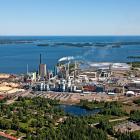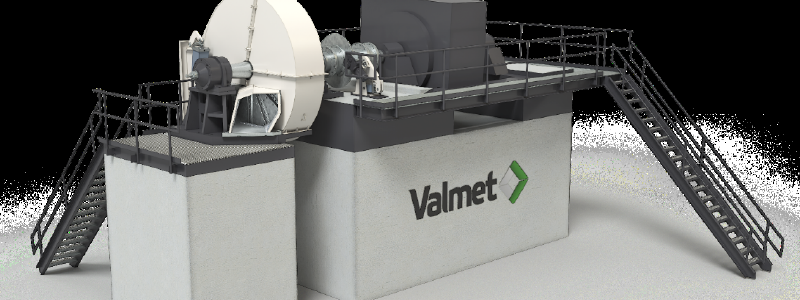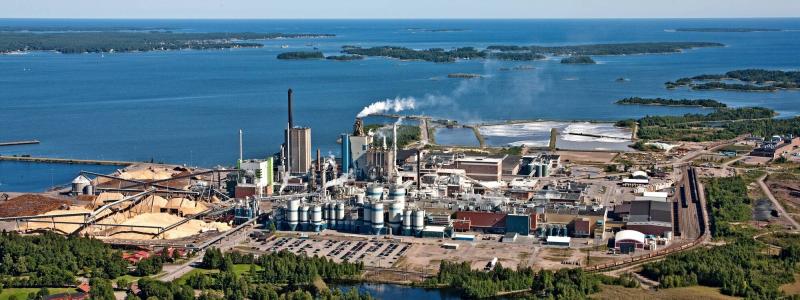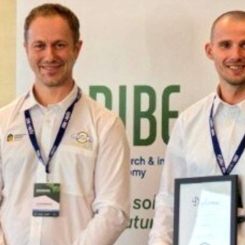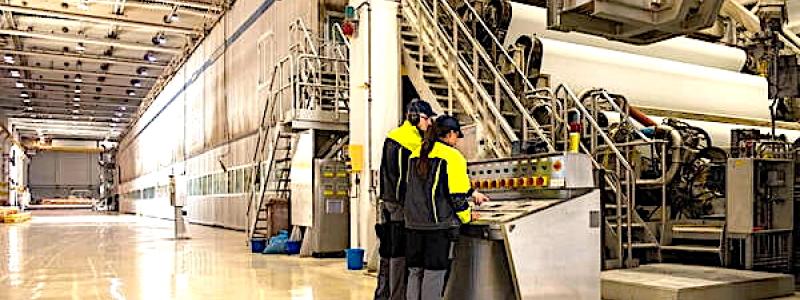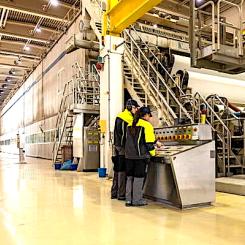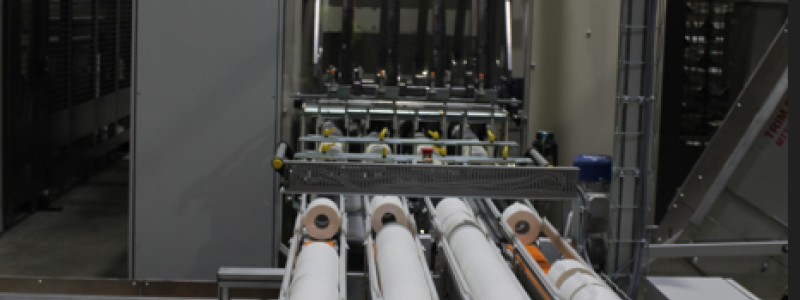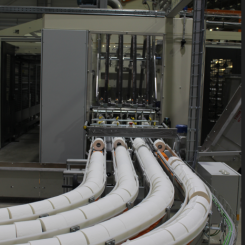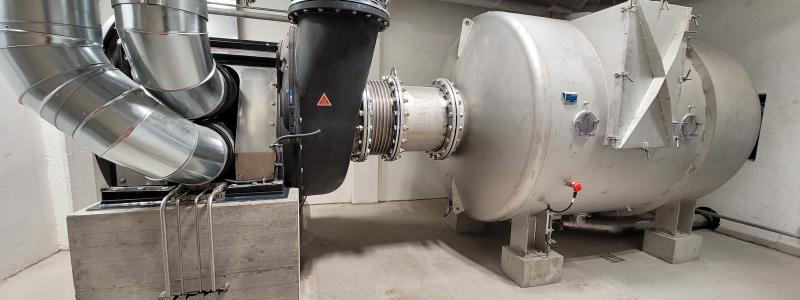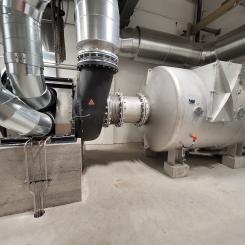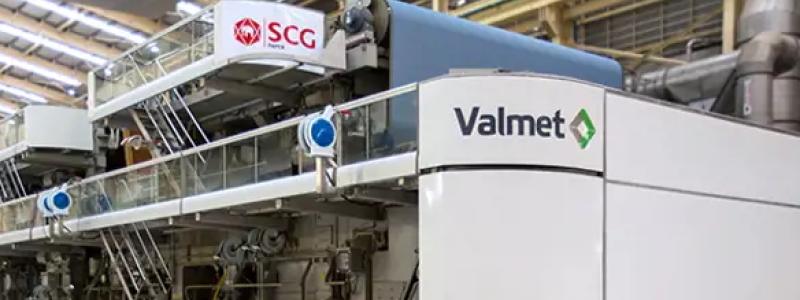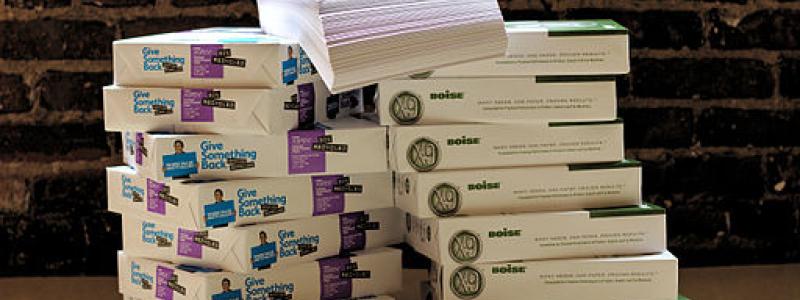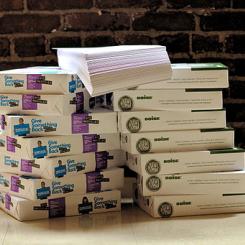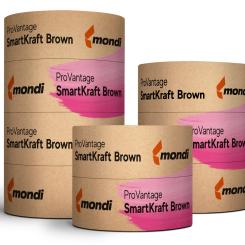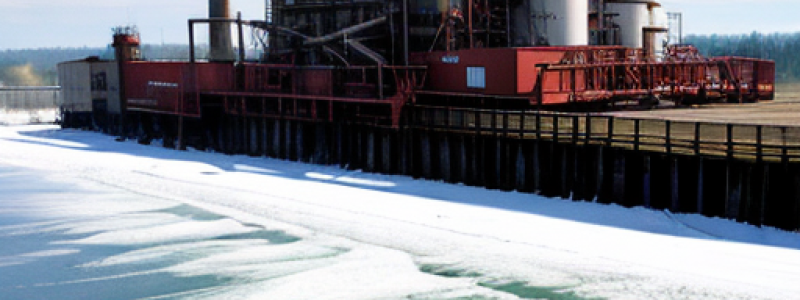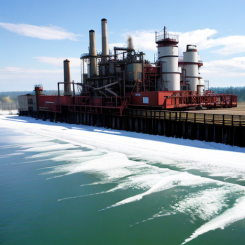Workers employed in the U.S. forest products industry visited Washington, D.C. last week. Their goal was to meet with their members of Congress and administration officials to educate them on the impact of legislative and regulatory decisions both on the environment and on the families and communities that depend on forest products manufacturing for their livelihood.
The Pulp & Paperworkers' Resource Council (PPRC) is a grassroots organization of hourly employees of the forest products industry who educate on issues that impact jobs in their industry. More than 83 PPRC members from across the U.S. were in Washington last week to discuss several issues including the regulatory burden impacting American manufacturing, the carbon neutrality of biomass and manufacturing byproducts, renewable energy, clean water, and ensuring the competitiveness of the U.S. forest products industry.
During their three days of meetings, PPRC members made 316 legislative and administration visits.
Issues that PPRC members addressed included:
- Carbon Neutrality: The forest products industry is a major contributor in offsetting the accumulation of greenhouse gases. Trees and forest products store carbon. About two-thirds of the energy produced in the pulp and paper industry is generated from wood residuals like bark, spent pulping liquors, fines, etc. Energy from sustainably managed biomass is carbon neutral and needs to be recognized as such.
- Biomass/Renewable Energy: The forest products industry has always sought to use the "whole tree." Fibers from the tree are used to manufacture high-value pulp and paper products. The waste byproducts are used to create energy through co-generation. Free markets, not government mandates and incentives, should determine the highest value use of wood.
- Cumulative Regulatory Burden: EPA should examine the sustainability of its regulatory program to embrace a balanced approach so costly air and other regulations will protect the public's health while preserving family-wage manufacturing jobs. Numerous pending regulations and restrictive permitting policies that discourage mill upgrades could cost thousands of American manufacturing jobs and billions in capital expenditures.
- Clean Water: The Clean Water Act and its implementing regulations are one of our nation's most successful and wide-ranging environmental programs. The program regulates pollution at its source and involves a comprehensive federal and state regulatory system for issuance of permits and water quality standards. Issuing the administration's Draft Proposed Rule would radically impact the original intent of the Clean Water Act, expanding authority beyond "navigable" waters and even include agricultural field ditches and other water bodies and ditches that have been manmade. Should the proposed rule move forward unchanged, the economic impacts across nearly every sector of the economy and the strain on our states would be substantial.
- Paper Options: American workers in the forest products industry support policies that recognize paper-based communications as critically important for millions of Americans. The move to digitize all forms of communication disadvantages nearly 30 percent of U.S. households without Internet access, 45 percent of seniors who do not own a computer, and 8 percent of the population who choose not to maintain a bank account. The PPRC believes people should be able to choose the manner in which they receive information and services from the federal government.
- Truck Weights: The PPRC supports legislation to allow states to increase the weight limit on trucks traveling on interstate highways.


